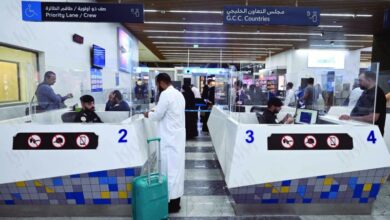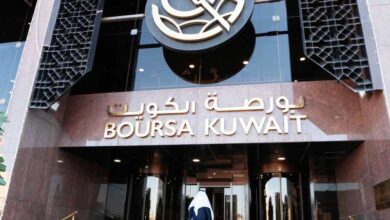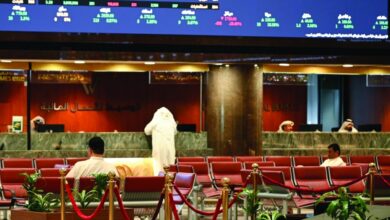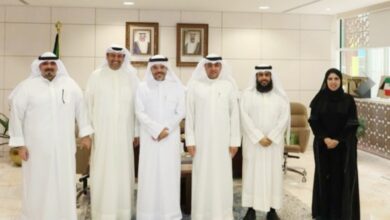
The Arabian Gulf Business Insight website reported that the decline in oil prices is prompting Gulf countries to involve the private sector in financing infrastructure projects worth tens of billions of dollars.
However, experts believe that expanding public-private partnerships in the region is still hindered by inconsistent project delivery and changing regulatory frameworks, which undermine investor confidence.
The website quoted Sami Nevati, Managing Partner of Investcorp Infrastructure Ventures, in a report that the Gulf countries began focusing more on public-private partnerships to establish infrastructure projects four or five years ago and announced several large projects.
However, it is noticed there are delays in the delivery of many projects or the cancellation of some of them. The region is still in the early stages of infrastructure projects based on public-private partnerships and is still gaining experience in regulating these partnerships.
Nevati pointed out that most Gulf countries have public-private partnership offices, typically located in ministries of finance that manage the funds for projects. But, these offices still struggle to delegate the management of infrastructure projects and often interfere in their direction.
Moreover, Nevati stressed that the Gulf governments feel the need to take more control over project management but are unsure how to do so, which often leads to project failure or delays. While progress on infrastructure projects based on public-private partnerships is being made in the region, their delivery needs to be accelerated.
Accelerate Projects
Nevati pointed out that while most Gulf countries have public-private partnership offices, usually situated within ministries of finance that manage project funds, these offices continue to struggle with delegating the management of infrastructure projects and often interfere with their direction.
Importantly, Nevati continued that “Commitment to timetables and avoiding project cancellations is crucial for the credibility of the countries in the region. Now, the entire region is aware of this and is making improvements in this area. While the Gulf banking sector remains strong, the scale of investment needed for infrastructure projects will require diverse financing.”
The Arabian Gulf Business Insight report explained that Saudi Arabia and the UAE view public-private partnerships as a means to accelerate major projects while alleviating the financial burden on governments.
The report noted that Abu Dhabi is seeking private sector investment funds for 600 infrastructure projects worth more than $54 billion as part of its Vision 2030 plan, offering the private sector a lucrative set of investment opportunities.
Mega Projects
The report stated that Saudi Arabia has committed to completing more than 200 public-private partnership projects in 17 sectors in 2023, including desalination plants, airport development, and transit points, with investments exceeding $50 billion under its “Vision 2030” plan.
The Kingdom is actively seeking to attract private sector investors to its major projects, with Riyadh emerging as a key investment hub, especially after being selected to host Expo 2030 and the FIFA World Cup in 2034.
A research paper published in the “Public Works Management and Policy” journal last year stated that public-private partnerships have been utilized in the Gulf since the 1990s. However, the region had been selective in choosing which partnerships to pursue and had not initially committed to fully embracing this model, primarily due to the availability of abundant financial resources from oil revenues.
currently, any projects outside the scope of independent water power plants or clean energy plants are either in the planning or tendering stage, with only a few having reached the completion stage.
Source: Al Qabas















